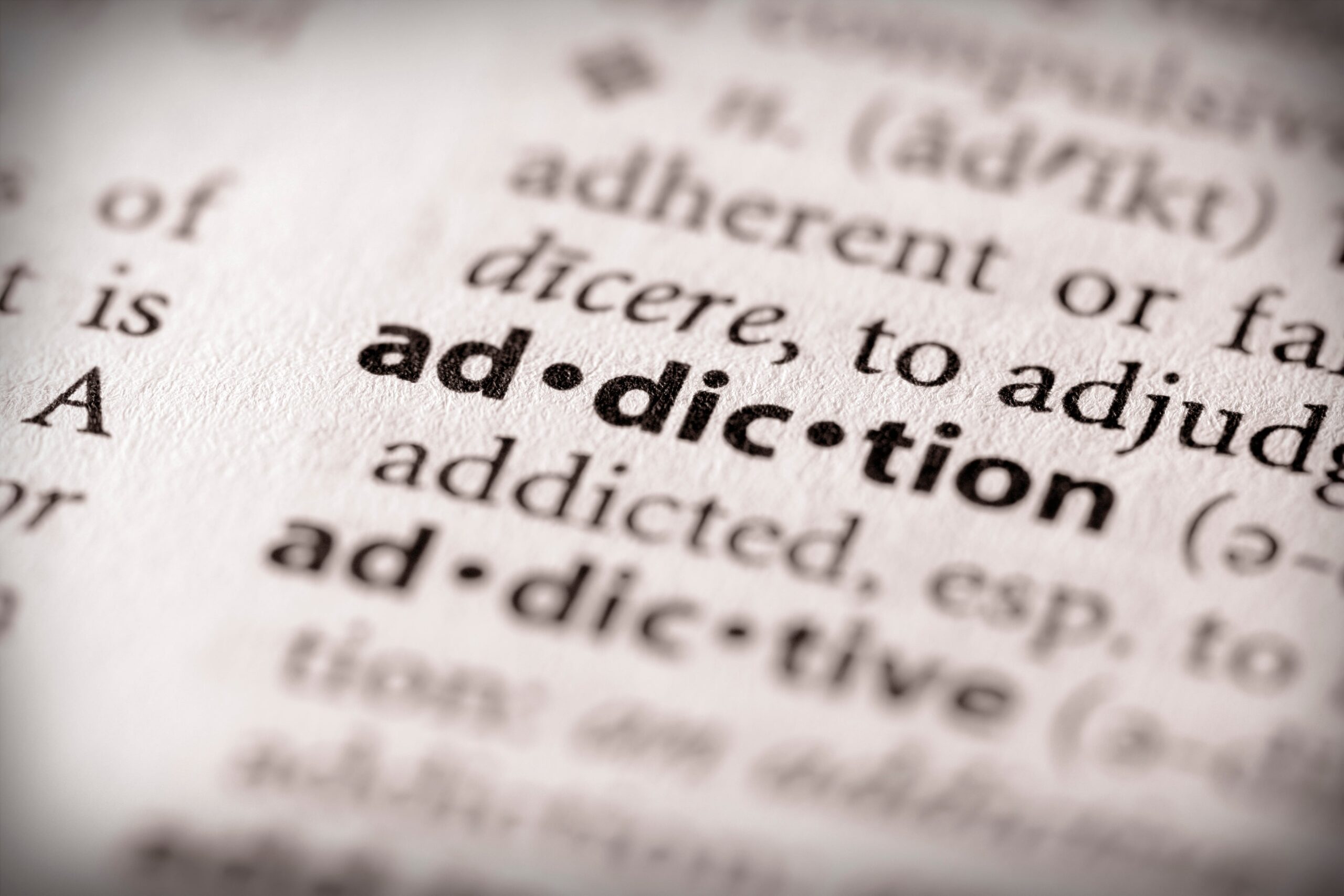Addiction is a complex and often misunderstood condition that affects millions of individuals worldwide. Unfortunately, there are many myths and misconceptions surrounding addiction. Learning more about myths about addiction and recovery can help people better understand this disease. It can also encourage those struggling with substance use disorders.
Myth 1: Addiction Is a Choice
One of the most common myths is that addiction is a choice. People who become addicted choose to engage in substance abuse willingly. However, addiction is a complex disorder characterized by compulsive drug seeking and use despite any harmful consequences. Factors such as genetics, environment, trauma, and mental health all play a significant role in the development of addiction.
Myth 2: Addicts Can Quit Anytime They Want
Another one of the addiction myths is that individuals struggling with substance addictions can quit at any time if they want to. There are some rare cases where people have been able to stop without professional help. However, most people find it extremely difficult due to physical dependence, psychological cravings, and associated withdrawal symptoms. Recovery from addiction requires comprehensive treatment tailored to the individual’s needs, along with ongoing support from friends and family.
Myth 3: You Have to Hit Rock Bottom to Get Help
Many people believe people have to hit rock bottom before they will seek help. However, seeking help at any stage of the addiction cycle is possible. The sooner help is sought, the less damage the substances will have on the person’s physical and mental health.
Myth 4: Rehab Doesn’t Work for Most People
One of the common myths about addiction is that rehab is not effective in treating addiction because relapse rates are high. While relapse does occur, most people who have completed rehab understand this is part of their recovery. Should they relapse, they know they need additional support and help to regain their sobriety.
Myth 5: Only Certain Types of People Become Addicted
Addiction does not discriminate based on age, race, socioeconomic status, or any other demographic factor. Anyone can find themselves struggling with substance use disorder (SUD). Factors like genetics, environment, and personal history play a role in addiction risk. Understanding that addiction affects diverse individuals is crucial for effective treatment and reducing stigma.
Myth 6: Addiction Is Just About Willpower
Contrary to popular belief, addiction is not simply a matter of willpower. It is a complex brain disorder influenced by genetic, environmental, and psychological factors. Individuals struggling with addiction face intense cravings and changes in brain chemistry. This makes it challenging to control their substance use. While willpower can play a role in recovery, seeking professional help, therapy, and support are crucial for overcoming addiction.
Myth 7: Prescription Drugs Are Safe Because They’re Prescribed
Another common myth about addiction is that prescription drugs are safe because they are prescribed. However, this belief can be dangerous as many prescription medications have the potential for abuse and addiction. Opioids, benzodiazepines, and stimulants are examples of prescription drugs that can lead to addiction if not taken as directed.
Myth 8: Addiction Only Affects the Individual
Contrary to popular belief, addiction impacts more than just the individual. The effects of addiction ripple outwards, affecting family members, friends, colleagues, and communities. Loved ones often experience emotional distress, financial burdens, and strained relationships due to a person’s addiction. Supporting an individual in recovery is essential. Yet, addressing the broader impacts of addiction on those closest to the person is equally important.
Myth 9: You Can’t Be Addicted if You Have a Stable Life
A common addiction myth and misconception is that addiction only affects those facing hardship or instability in their lives. It’s important to recognize that anyone can be susceptible to SUD, even when they have a stable life.
Addiction can impact individuals from all walks of life, including those with seemingly stable and successful backgrounds. Factors like genetics, mental health, trauma, and social influences can contribute to the development of addiction regardless of external appearances.
Myth 10: Faith Alone Can Cure Addiction
One of the addiction myths is a person’s faith in a higher power can cure addiction. Spiritual beliefs and practices can be a source of strength and support in recovery. However, addiction is an illness that needs to be managed using effective strategies. While prayer and fellowship can help, people still need other support, such as:
- Individual therapy
- Group therapy
- Holistic therapies
- Peer support
- Relapse prevention skills development
For those who believe in a higher power, faith and spirituality can play an important role in recovery. Yet, it is vital to combine these beliefs with evidence-based interventions to address all aspects of addiction comprehensively. Furthermore, according to the NIDA, there is no cure for addiction. Treatment enables people to manage the condition to lead a substance-free life.
Moving Past the Myths About Addiction
Unveiling the truth behind myths about addiction and recovery helps break the stigma. When you are ready to take control of your addiction, help is available at the Retreat of Broward. Our caring and supportive team provides comprehensive detox treatment tailored to your specific needs. Our treatment facility is located in beautiful Pompano Beach and offers a serene setting to reclaim your life over addiction.
Contact us today to begin detox or learn more about our evidence-based and holistic treatment options.














